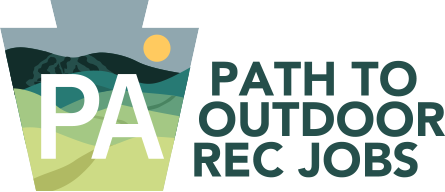Technical Career Paths in Outdoor Recreation
Technical careers in outdoor recreation offer unique opportunities to combine engineering precision with outdoor passion. These roles form the backbone of the industry.
Manufacturing Excellence The journey from production line worker to Operations Director involves mastering both technical processes and people management. Success requires:
- Understanding materials and manufacturing processes
- Quality control and safety protocols
- Supply chain management
- Sustainable manufacturing practices
- Leadership and team development
Many successful manufacturing leaders started by literally getting their hands dirty, learning each step of the production process. This hands-on experience proves invaluable when making high-level decisions about production methods and quality standards.
Maintenance and Repair Expertise Technical repair roles have evolved significantly with advancing gear technology. Modern maintenance careers require:
- Deep technical knowledge of current equipment
- Understanding of materials science
- Diagnostic and problem-solving skills
- Customer education abilities
- Certification maintenance and updating
- Participation in structured training programs and continuing education
- Familiarity with industry safety standards and regulatory requirements
- Cross-functional collaboration with peers and regulatory authorities
- Ongoing certification and standards compliance, particularly with industry-specific regulations like ANSI B77.1
The best maintenance professionals combine technical expertise with customer service skills, often becoming trusted advisors to both customers and manufacturers.
Many organizations now offer specialized training programs that emphasize hands-on learning and practical application, similar to the Pennsylvania Outdoor Recreation Association model of lift maintenance seminars and snow making training. These programs typically cover both technical skills and safety protocols, ensuring maintenance professionals stay current with evolving industry standards.
Industry associations and regulatory bodies increasingly play a vital role in professional development, offering structured training programs that combine theoretical knowledge with practical application. This approach helps maintain high safety standards while fostering valuable peer-to-peer relationships within the industry.



